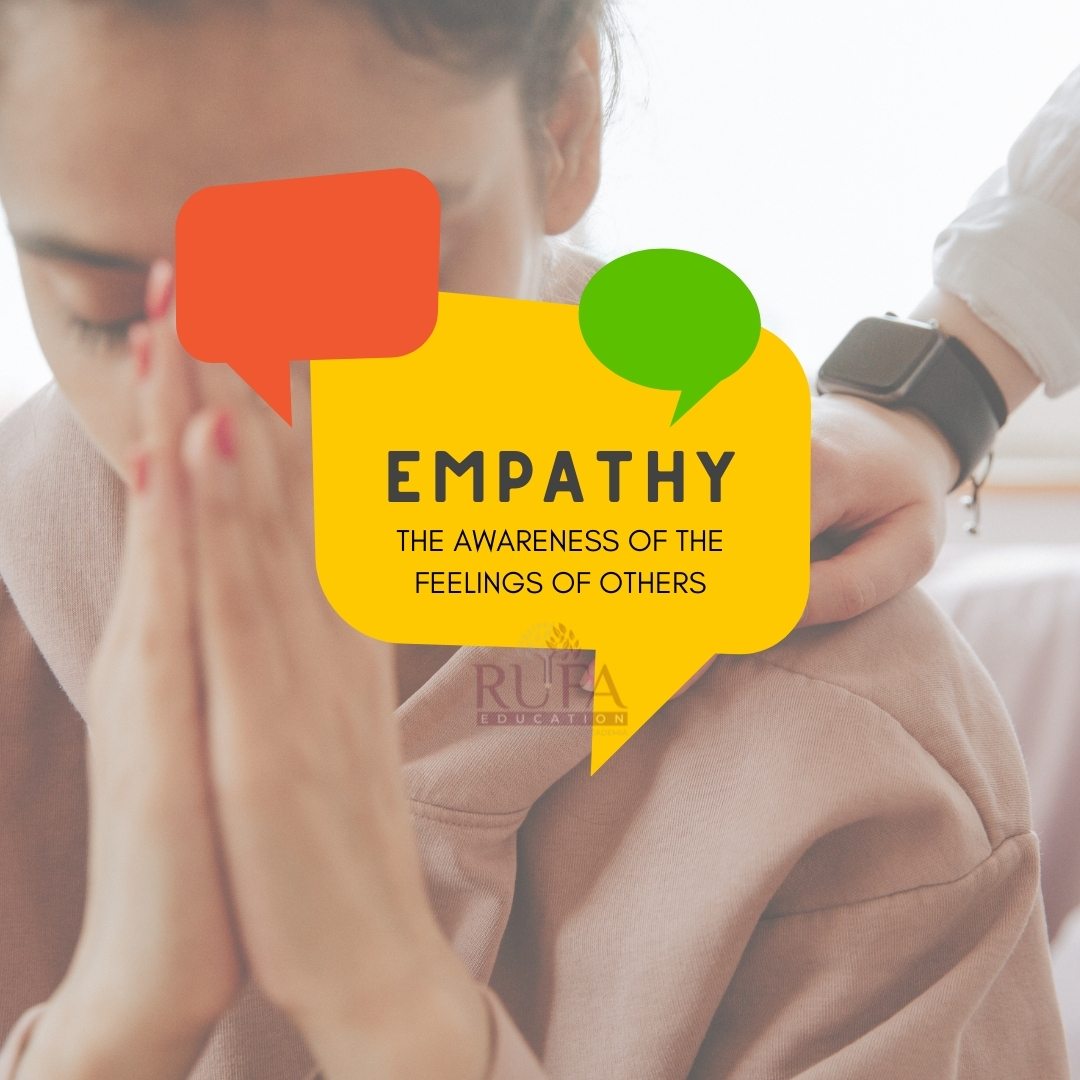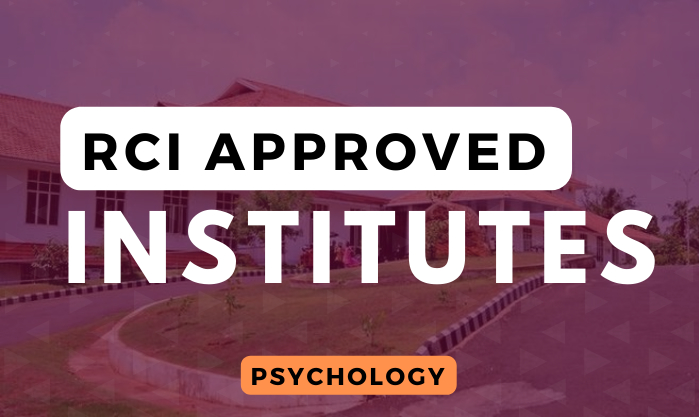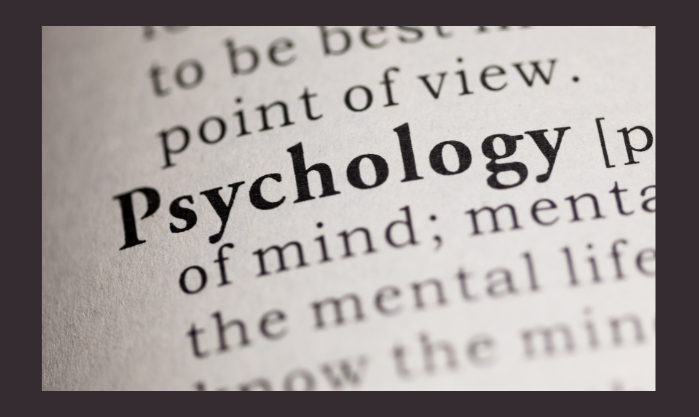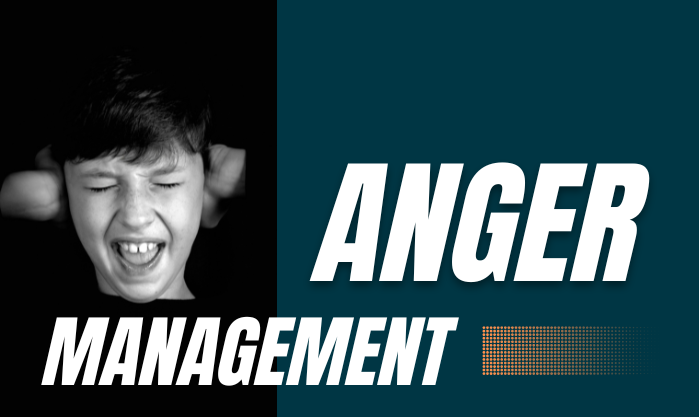What form of empathy do we need as Psychologists ?
07 September , 2022
With the increasing popularity of psychology and emphasis on ‘mental health’, ‘empathy’ has become quite a buzz word among the common wealth. But, even while using it at least once a day, do we really know what it means; even if we do know what the word means, do we know the different forms it takes?
Empathy is basically the experience of understanding another person's thoughts, feelings, and condition from his or her point of view, rather than from one's own. It is often described as an alternative to sympathy, which is feelings of pity and sorrow for someone else's misfortune.Empathy soon got popularized in the academic literature and research works, and simultaneously among mental health professionals and laymen alike. But it is unfair to assume that people know a great deal about something and in depth just because they use it quite often- history has taught us the same countless times.
It was Daniel Goleman and Paul Ekman who introduced the typology for empathy- which is certainly not half as popular as the key term involved. In a nutshell, empathy can be of different forms, or that there are different approaches to empathy. These different types of
empathy are as follows:
- Cognitive empathy: by understanding how a person thinks and feels, we become better communicators, relaying information in a way that connects with the other person
- Emotional empathy: by sharing the feelings of another, we can build and nurture emotional connections
- Compassionate empathy: by going beyond understanding others and sharing their experiences, we look to take action, and help however we can.
Cognitive empathy is merely the desire and ability to understand another- how others think and feel. While this certainly is helpful for a psychologist to gather intuitive information about the mental affairs of his/her client, this in itself is not enough because it does not assure an emotional connectedness with the clients nor the desire to help them. As a matter of fact, people with, what psychologists refer to as, the dark triad personality might also be high in cognitive empathy which they use to manipulate others and get what they want from others (The dark triad personality refers to three negative personality traits: narcissism (entitled self-importance), Machiavellianism (strategic exploitation and deceit), and subclinical psychopathy (callousness and cynicism)).
Emotional empathy on the other hand is mostly about the emotional attachment one feels for another- literally feeling the emotions that they feel- this certainly is a much sought out feature in a lot of relationships. One might even assume that this could be it- this could be the most ideal form of empathy. Well, it is not to be true. Psychologists certainly require emotional empathy. It certainly helps when the clients feel that their therapist or psychologist can truly feel what they feel. But when the emotional empathy gets out of hand, that is exactly what it is only going to be- feeling the feels. The listener become so much involved and wrapped up in the distress and emotional turmoil presented- so much so that he/she become incapacitated to be of any help whatsoever. So, it is always important for mental health practitioners keep their emotional empathy in check- to find a balance; not too little, and certainly not too much.
Compassionate empathy is what we should pursue as psychologists- it is not merely understanding another’s feelings and emotions or even building and nurturing a connection with another, but the desire to help and support another the way you would like to be helped and supported if you were in his/her shoes. A psychologist, especially a clinician requires all three forms of empathy to provide the best of service he/she can- but it is compassionate empathy that should dominate over the others- it should be the desire to help others that should be the lantern guiding you in your career.
Author:
JZL
(Ph.D. research scholar,Psychology,IIT Delhi)
MPhil Clinical Psychology Updates Psychology Courses Admission Alert MPhil Entrance 2022 UGC NET 2022 Psychology 2022 Indian University News Application Forms UGC NET in Arabic Arabic Language and Literature Arabic Poets Therapy Counseling Clinics Psychiatrist Psychologist Psychology Jobs Psychologist Jobs New Jobs in Psychology IMHANS IBHAS NIEPMD NIMHANS AL AZHAR DELHI UNIVERSITY JNU PG in Psychology MA Psychology MSc Psychology Degree in Psychology MA Arabic BA Arabic KPSC Kerala PSC Entrance Exams Exam News Hall ticket Download Admission Notification



